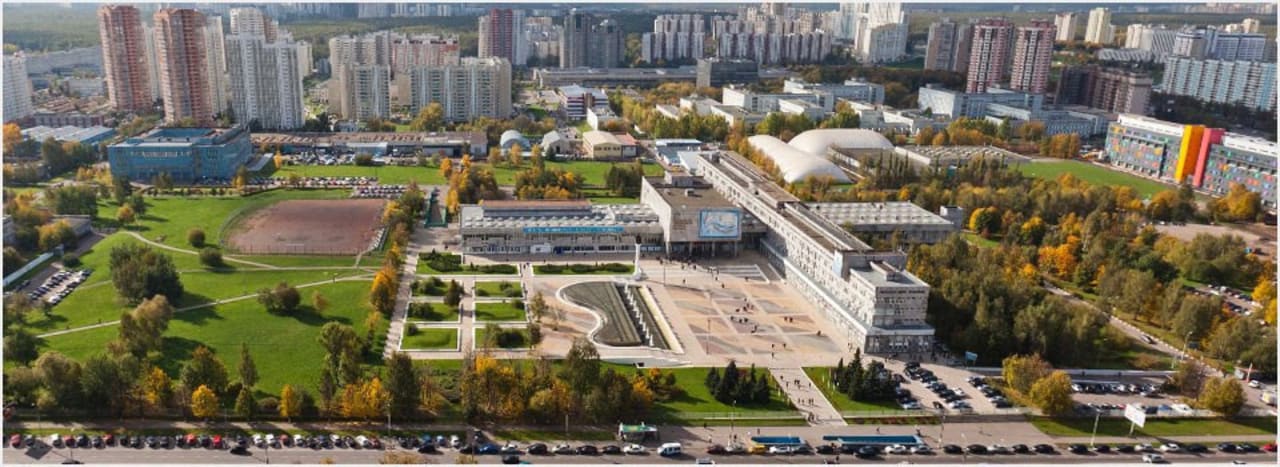
Master in Legal Translation and Interpreting
Peoples’ Friendship University of Russia

Key Information
Campus location
Moscow, Russia
Languages
Request info
Study format
On-Campus
Duration
2 years
Pace
Full time
Tuition fees
Request info
Application deadline
Request info
Earliest start date
Sep 2023
Scholarships
Explore scholarship opportunities to help fund your studies
Introduction
Master in Legal Translation and Interpreting
- Period of studies: 2 years
- ECTS credits: 120
- Language: English
Program description
The Master in Legal Translation and Interpreting (MLTI) responds to the high demand for translators and interpreters in the field of Law.
The academic track combines the theoretical and the applied foci. The professional specialization track provides training in the legal field of translation and interpretation.
The research track trains students for access to the doctoral field of Comparative Linguistics and Specialized Translation Studies.
The program develops students' Knowledge, Skills and Abilities to interpret and translate legal texts, working within the following language pair combinations:
English –Russian, English – French, English –Spanish, English –German, English –Chinese.
The second foreign language (Spanish, French, German Chinese, Russian for Foreigners) for legal translation practice course is subject to students’ choice.
Learning outcomes
On completing this MA degree program students will acquire the following generic and specialized professional competences:
Generic competencies
- abilities to manage information processing, to plan proper assignments and appropriate allocation of resources, to take account of short- and long-term needs, to set targets and priorities, to establish sound procedures to manage and monitor assignments of a project, to achieve tasks and assignments within the required timescale, to act in variable contexts;
- abilities to influence others by expressing self effectively in a group and in one to one situations, to present arguments that can be supported by facts, to use different approaches and influencing techniques that are appropriate to the people or situation;
- abilities to communicate effectively and convey information appropriately and accurately, to use an optimal approach to questioning in order to gain information from which to draw conclusions and/or assist in the making of decisions, to show by a range of verbal and non-verbal signals that the information being received is understood, to exercise 35appropriate judgment;
- abilities to act effectively within a team, to develop appropriate relationships with academic staff, peers, colleagues, customers and suppliers at all levels within an organization, to recognize and respect different perspectives and appreciates the benefits of being open to the ideas and views of others, to adopt a mature, direct and upfront style in dealing with conflict;
- abilities to manage one’s own learning, to develop skills and competencies through learning and development activities related to current and future roles;
- abilities to conduct analysis and synthesis, to apply knowledge in practice, research skills development.
Specialized professional competences
- translation service provision competence: in interpersonal dimension and in production dimension;
- language competence;
- intercultural competence: in sociolinguistic and textual dimension;
- information mining competences;
- thematic competence in legal domain;
- technological competence
Career opportunities
In-house translators and interpreters in industry, commerce, international organisations and translation companies and public institutions, freelance translators, translation project managers, or editors, revisers, proofreaders, terminologists, or specialists in translation tools.
Language and culture mediators in the legal field.
Trainers of Legal Translation and Interpretation for university-based academic degree programs and short-term refresher courses.
Ph.D. students to conduct their research in general and specialized translation.
Admission requirements
- Bachelor or specialist degree;
- Exam on interpreting and translation skills
- (from English into a second language);
- English Language level – at least IELTS - 6, 0 TOEFL iBT – 79.